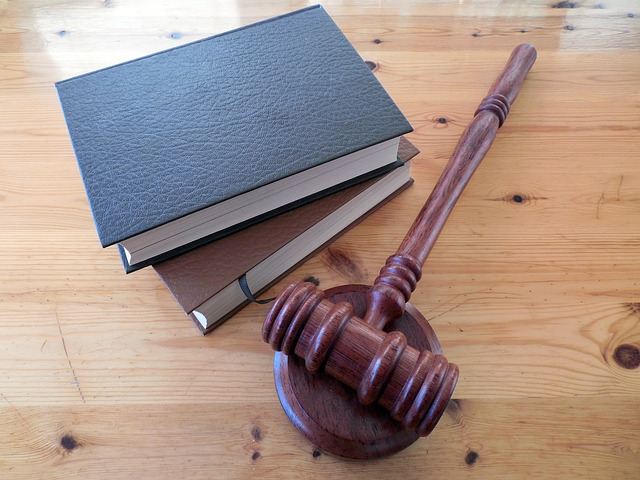Public law happens to be one of those practices that is comprised of many parts within it. From tax law to constitutional law, administrative matters and criminal law, instances of public law will arise when a legal case is presented between a citizen and a government body that is in the public interest.
What actually operates as a public or private matter is entirely under the jurisdiction of the government in question, yet they must act according to the rule of law under all conditions and all circumstances. Whilst there can be ambiguity in certain cases, all citizens have the right to a fair and open trail once a legal situation becomes open to public discourse.
So what is involved in public law exactly? Here we will outline the central features that you should know when these instances arise in the media.

Public Law: Dictionary Definition
“Body of law governing relations between a state and its citizens, and dealing with the structure and operation of the government. It covers administrative law, constitutional law and criminal law.”
What Constitutes Public vs. Private Legalities?
To break these scenarios down to their essence, it is worthwhile thinking about them in terms of their effect and how wide reaching they should be. For instance, a restaurant that is violating various occupational health and safety practices to serve uncooked food could find themselves in violation of public law. On the other hand, a hired caterer for a dinner date that breaches the same offence would likely be in violation of a private law.
Should the incident have any relation to an administrative, constitutional, international, municipal or criminal case, then that will fall into public law. When contracts, property or family law is involved, that will fall into private law.
Politics and The Grey Area
The obvious question that derives from matters of public law is simple: who ultimately determines this definition and can it be influenced by external forces and political agendas? Clearly there can be cases whereby agendas can be served when examples of public law become media items and this is a philosophical battle that scholars have debated for decades.
Lawyers who specialise in this field will be at pains to argue that any case that fits this category does so because it will advocate for the betterment of the community at large. Nevertheless, cases can also be altered and have their ‘public’ title changed to a ‘private’ one should a law be regulated.